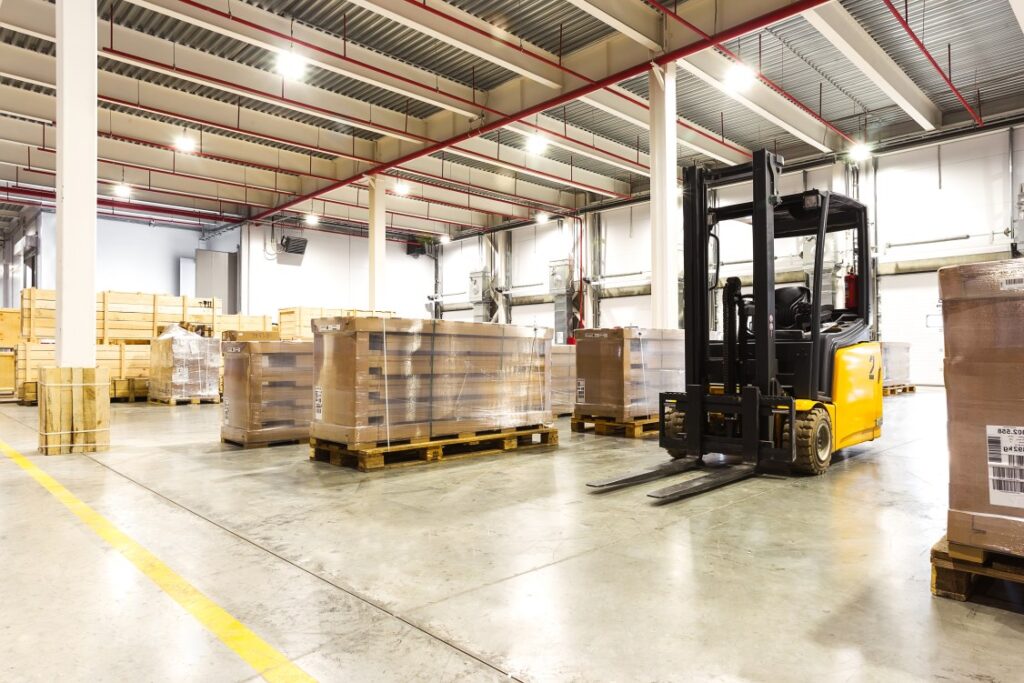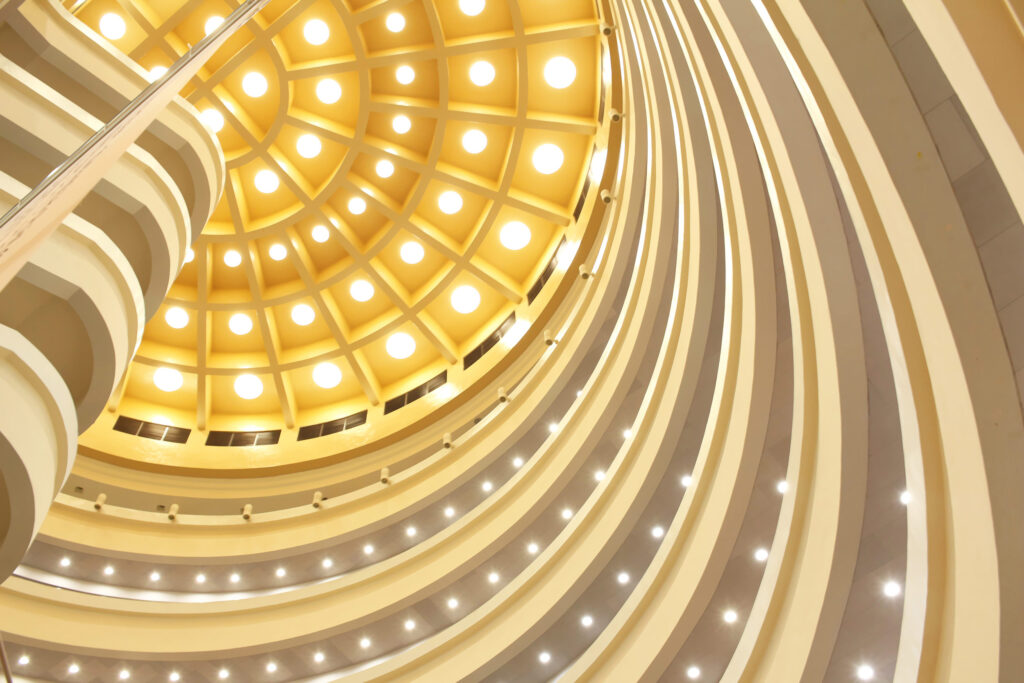
LED lighting is revolutionising the way businesses think about energy efficiency and sustainability. In the UK, companies are increasingly turning to LED lights as a means to reduce their carbon footprint and cut down on energy costs. This shift is not only environmentally responsible but also economically savvy. LED lights consume significantly less power than traditional incandescent bulbs, which means they require less energy to produce the same amount of light. This efficiency translates into lower electricity bills and a reduced demand on power plants, which often burn fossil fuels. Moreover, LED lights have a much longer lifespan, reducing the need for frequent replacements and the associated waste and maintenance costs.
The environmental benefits of LED lighting extend beyond energy savings. These lights do not contain toxic elements like mercury, which is present in fluorescent lighting and can be harmful to the environment when disposed of improperly. The long life of LEDs means less waste is generated, as fewer bulbs need to be produced and disposed of over time. Additionally, the UK’s commitment to reducing greenhouse gas emissions aligns with the adoption of LED lighting, as it is a practical step towards achieving these environmental goals.
For companies in the UK, the switch to LED lighting is supported by various government initiatives and regulations that encourage sustainable practices.
Furthermore, the design flexibility of LED lights offers companies the opportunity to create a more pleasant and productive work environment. LEDs are available in a range of colour temperatures, allowing for customization of lighting to suit different settings and preferences. This can enhance the aesthetics of a workspace and contribute to the well-being of employees, which in turn can boost productivity.

Let’s delve even deeper into the fascinating world of LED lighting and explore additional aspects that highlight its significance for businesses in the UK:

In conclusion, LED lights represent a sustainable choice for companies in the UK, offering a multitude of benefits that align with both environmental objectives and business interests. By embracing LED technology, businesses can play a pivotal role in the movement towards a more sustainable future, demonstrating corporate responsibility and forward-thinking in their operations. As the UK continues to advance its sustainability agenda, LED lighting stands out as a smart investment for any company looking to reduce its environmental impact and embrace eco-friendly practices. For more detailed insights into the benefits of LED lighting and how it contributes to sustainability, readers can explore comprehensive resources such as “Shedding Light on Sustainability: A Deep Dive into Eco-Friendly Lighting Options” and “RoHS and LED Lighting: A Bright Future”.
Address: Ground Floor, Long Mill, Stainland Road, Greetland, Halifax, West Yorkshire, HX4 8AD
Email: [email protected]
© Copyright 2024 | Superior Eco Lighting Systems Limited